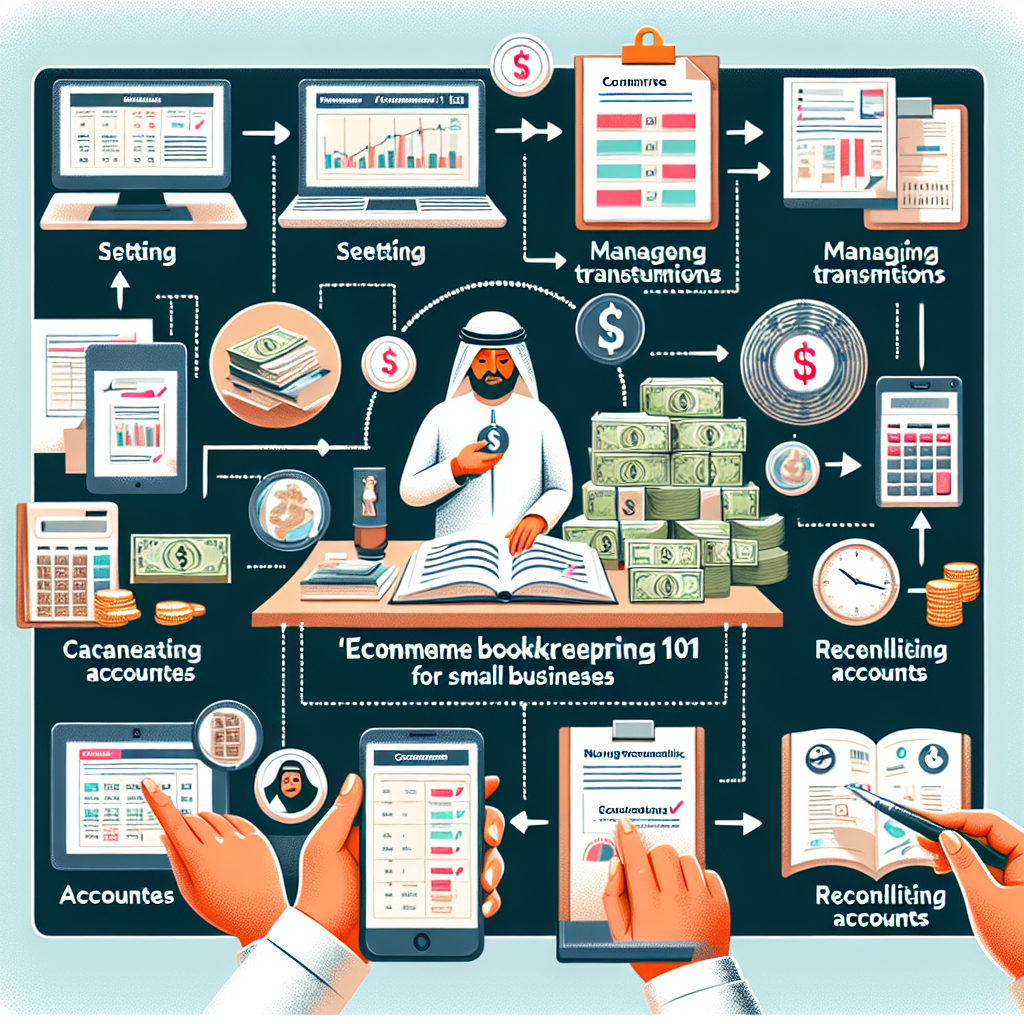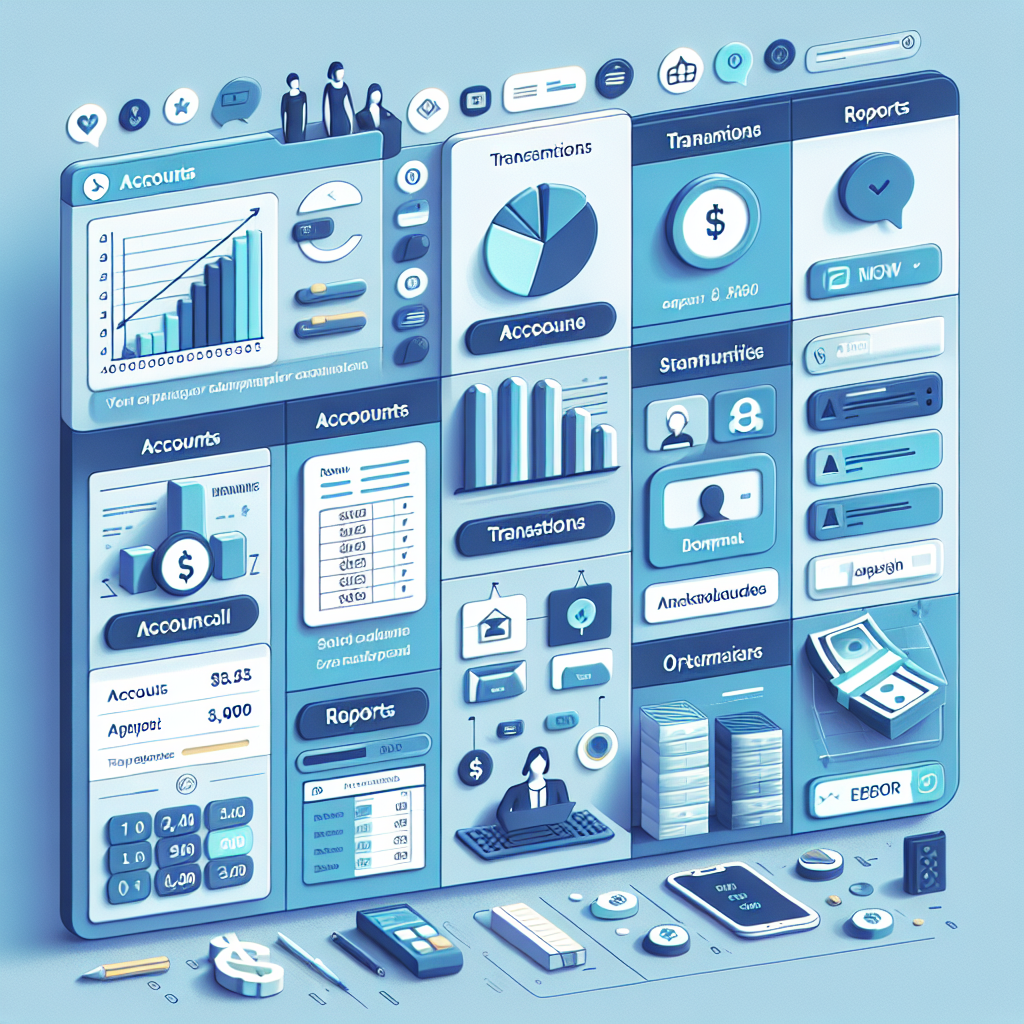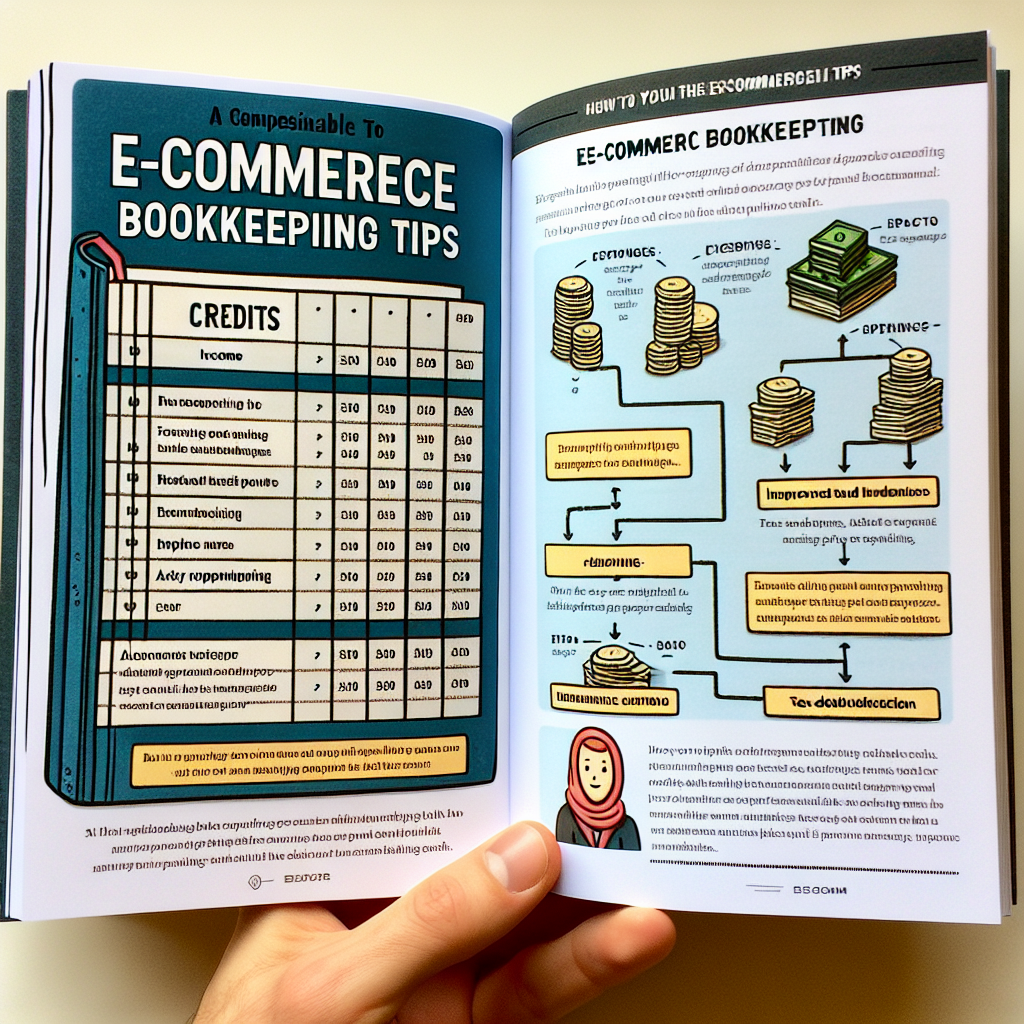Ecommerce Accounting 101 + Best Practices
When you ask an ecommerce business owner, what’s the least favorite part of their job — most will say ‘accounting.’ And yet, 41% of small business owners handle their books without any help. But here’s the deal: as your ecommerce business grows, your finances will get more complicated. Sales, returns, supplier payments, banking fees — all of the in-and-out money movements will need to be properly categorized, analyzed, and then reported to the tax authorities. Without proper accounting systems in place, you can quickly get overwhelmed with all the financial data you are up against. Compounded with the fact that 19% of those who perceived themselves as having high financial literacy are financially literate, learning to love accounting is hard. In this guide, we explain everything you need to know about ecommerce accounting without any dread.
Ecommerce Accounting vs Bookkeeping: What’s the Difference?
Let’s start with the basics and recap who is who in the accounting field.
Bookkeeping is the baseline accounting practice of maintaining a neat record of financial documents and transactions. The purpose of this practice is to describe and organize the state of your finances.
Accounting is a practice of analyzing all the financial records, produced by the bookkeeper, to create financial reports, models, and forecasts so that you could understand the current level of your finances and plan for the future.
The 2 Types of Accounting for Your Ecommerce Business
Systemization is essential in accounting. To keep your ecommerce financials organized, you can use either of the two types of popular accounting systems.
- Cash basis accounting
When using the cash method of accounting, you add a new record whenever the cash lands in your bank account or leaves it as an expense. This way your books mirror all the transactional information, stored across your payment methods and bank accounts.
Cash basis accounting is a ‘starter’ choice for most small ecommerce businesses. Because it’s a simple system to maintain — you just report on all money movements as they happen. Plus, you always know how much cash you have at your disposal right now. Another boon of cash basis accounting is this: when reporting your business taxes at the end of the year, you won’t need to pay income taxes on the payments you haven’t received yet. So your tax bill can be smaller.
- Accrual method
Accrual accounting prompts you to record each sale or expense once it takes place, regardless of when the money reaches (or leaves) your bank account.
Accrual accounting is often known as the traditional accounting method as it’s the system most financial institutions use. Think lenders, auditors, investors, tax planners, or anyone else interested in learning about the state of your company’s finances.
The con of accrual accounting, however, is that this way of record-keeping shifts the focus from how much money you have to how much money you move. By counting in future payments/expenses, accrual accounting can make your operations look more profitable than they actually are. So you’ll need to keep closer tabs on your cash flow. The short answer is — yes. You’ll have to adopt this accounting system as your operations scale. Cash basis method for tax reporting is only permitted for companies with an average annual growth receipt of $5 million or less.
What You Need to Start Doing Accounting for Your Ecommerce Store
No matter which accounting system you go with first, you’ll need to have three things ready:
- Business tax ID number
If you operate as a corporation or a partnership, you’ll need to request an Employer Identification Number (EIN) from the IRS. It’s a unique 9-digit identifier of your business to use in all your tax documents. You can apply for it online and receive it immediately by email. Sole traders can use their Social Security Number (SSN) for the same purpose.
- Business bank account
Keeping your business and personal finances separate is the first golden rule of accounting. Open a dedicated business bank account for your ecommerce store. Set up business versions of popular payment apps (e.g. [PayPal](https://www.paypal.com)). And make sure that you don’t spend any money from your business account on your personal needs (unless these qualify as deductible business expenses).
- Accounting software
Popular accounting apps for small ecommerce stores are:
- FreshBooks
- QuickBooks Online
- Xero
- Wave
- Kashoo
With all the tools lined up, let’s take a look at the key accounting tasks you’ll need to do on a weekly/monthly basis:
- Categorize all transactions
- Maintain a business budget
- Stay up-to-date with taxes
- Distinguish between returns and chargebacks
- Practice accurate recordkeeping
Categorize All Your Transactions
Transaction categorization is the baseline practice of ecommerce bookkeeping. You should mark every transaction on your cash flow statement as either income or expense. Most accounting apps will auto-sort the transactions for you, so you should just review them and assign correct extra categories (e.g. salary, marketing, returns, etc).
Maintain Your Business Budget
A business budget is a tally of all your business spendings and other financial obligations, neatly summed up and stacked against your regular revenues. The goal of a budget is to help you:
- Monitor your cash flow patterns
- Stay atop of all recurring and unplanned expenses
- Know when to splurge and when to pedal back
- Set some income aside for the rainy day (and taxes)
- Avoid or reduce business debt
Stay Up-to-Date with Taxes
Ecommerce business owners have two tax categories to mind — business income taxes and sales taxes. Navigating sales taxes can be challenging since you need to factor in both:
- State-level sales taxes (collected in 45 states and the District of Columbia)
- Local sales taxes (collected in 38 states)
Distinguish Between Returns and Chargebacks
Customer returns and chargebacks are two different types of expenses that need separate recording.
Practice Accurate Recordkeeping for Your Ecommerce Store
Accounting is the art of maintaining financial records that tell a complete financial story of your business (for yourself and anyone else who asks). Since you are self-reporting your financials and taxes to the authorities, you need to maintain proof of all your claims. That means you should store the following records for your ecommerce business accounting:
- Receipts, bills, and invoices
- Canceled and bounced checks
- Previous tax returns
- W2 and 1099 forms
- Bank account, debit/credit card statements
- Account statements from online payment wallets
- Revenue records from your ecommerce platform such as [BigCommerce](https://www.bigcommerce.com)
3 Quick Accounting Best Practices to Remember
1. Forecast for major expenses.
2. Set money (and time) aside for taxes.
3. Supervise your inventory management.
The Two Common Ecommerce Accounting Problems To Account For
1. Waiting till the last minute to review financial statements.
2. Missing errors (due to the lack of time).
You don’t have to be a certified accountant to stay atop of your ecommerce finances. With the right accounting system in place, a supporting accounting app, and proper diligence you can get a good hang of your accounting, and learn to love the practice of analyzing your financials. Especially, when those insights translate to higher income!




